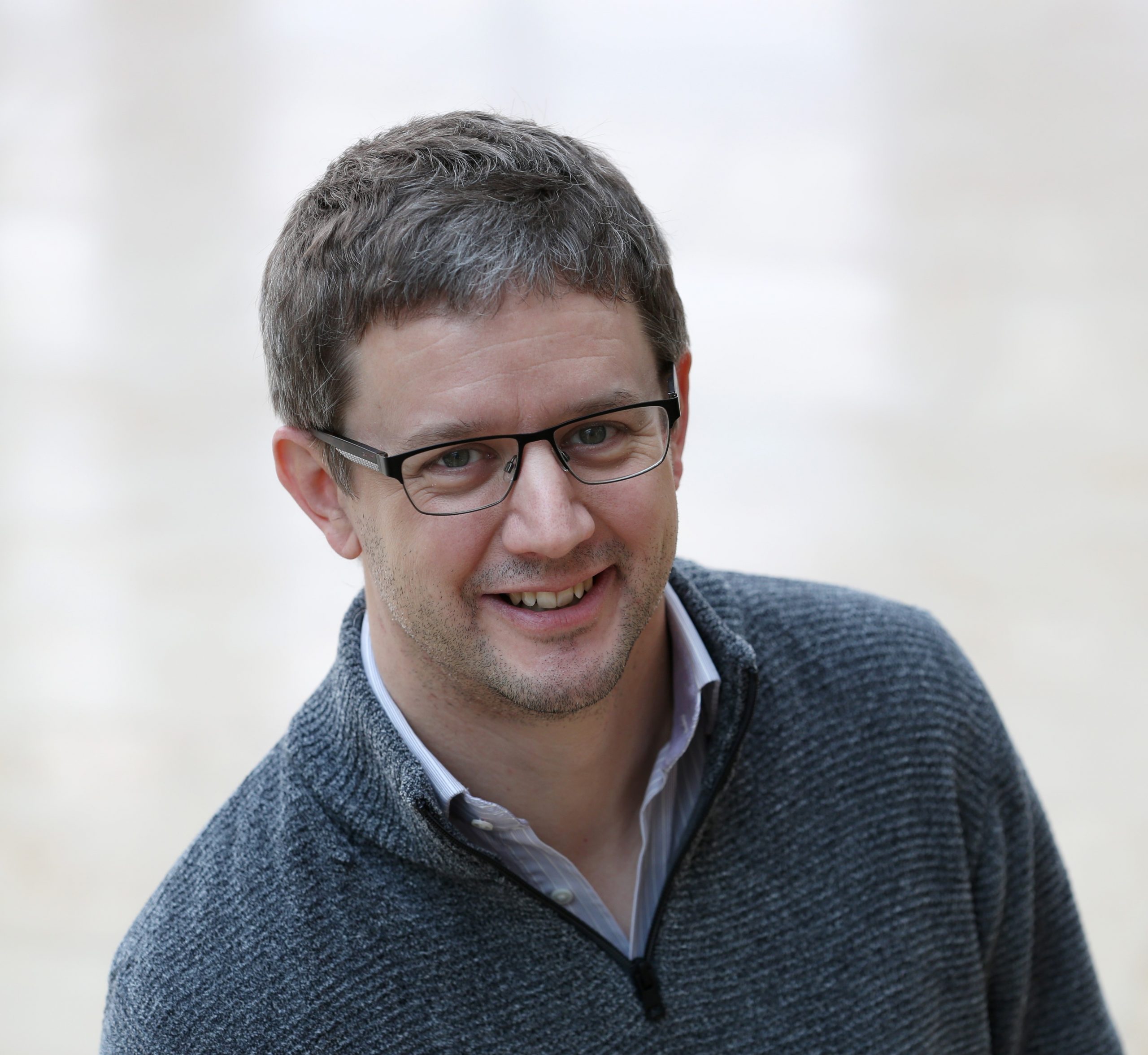
November 20, 2020, by Andrew Edwards (Ed)
Humanity’s impact on earth – An interview with Matt Jones
Professor Matthew Jones is leading the Palaeobenchmarking Resilient Agricultural Systems (PalaeoRAS) project. He is based in the School of Geography.
Tell me about your work. What do you study?
I’m a Quaternary Scientist, a geologist with a particular interest in the last 2.5 million years of Earth’s history (the Quaternary Period). My own work focusses on the last 20,000 years, the time period since the Last Glacial Maximum.
For me this is a particularly interesting period of time because this is when people have become a much more dominant feature of Earth systems, arguably starting to make an impact when agriculture was developed c. 11,000 years ago.

Photo by Illiya Vjestica on Unsplash
How did you become interested in this field? How did you become interested in science?
I really became interested during my MSc in Quaternary Science. To be honest, I wasn’t really sure what that was until I started but it turned out to be something that really sparked my interest and I’m lucky to be still doing it.
My original interest in science came from growing up in the Yorkshire Dales. That landscape inspired me to learn more about it and also to find a job that would allow me to spend time working in landscapes like that.
Tell me a little about your research career?
After my MSc, I did a PhD in Plymouth working on a lake core in Turkey, reconstructing how climate had changed over the last 2000 years. I came to Nottingham 16 years ago to work as a postdoc on a project using Mexican lake sediments for climate reconstruction and I have been here ever since.
Explain your research to an ordinary person?
My primary research involves taking mud from the bottom of lakes that can be many metres deep, then measuring the chemistry of the mud to see how it has changed through time. The chemistry is a record of the water conditions, or environments in the lake catchment, at the time the mud settled to the bottom. These lake conditions are often directly related to changes in climate, or, in more recent times, the impact of people on the lake system.

Photo by Dirk von Loen-Wagner on Unsplash
What current projects are you working on?
I still have projects focussed on Turkey and Mexico, some for the Future Food Beacon’s PalaeoRAS project. I have also been working on archaeological projects in Jordan for the last 10 years or so. Most of these projects integrate ways of looking at how people have interacted with their environments through time. I continue to use lake sediments as an important archive of understanding how those environments have changed.
I’ve also recently started working with a team from the British Geological Survey and Loughborough University, using lake sediments to look at changes in ecosystems in Uganda, including how these have responded to agricultural practices.
Why Future Food? What would you like to accomplish while you’re here? How does being part of Future Food help you achieve your goals?
Future Food is a fantastic platform to encourage challenge focussed research with a multi-disciplinary approach. The Innovation Challenge that created the PalaeoRAS project was an exciting opportunity to bring together strands of discussion with colleagues from across the University that had been running along for quite a few years.
I’ve been lucky enough to have opportunities to work with disciplines beyond my own and know the benefit this can have. Hopefully the sum of those different approaches is more likely to approach a solution than each on their own.
Does your research impact on ordinary people’s lives? How?
You probably wouldn’t walk down the street, see something and think ‘thank goodness, without Quaternary Science we wouldn’t have that’ but this kind of research asks, and begins to answer, important questions about people’s impact on Earth systems over time. As society discusses issues such as climate change, rewilding or changing food availability, we need to understand when and how our environment changed and will change in the future. Quaternary Science provides benchmarks for the present and future and so impacts the decisions of our policy makers, even if we’re not always directly aware of it.
No comments yet, fill out a comment to be the first

Leave a Reply